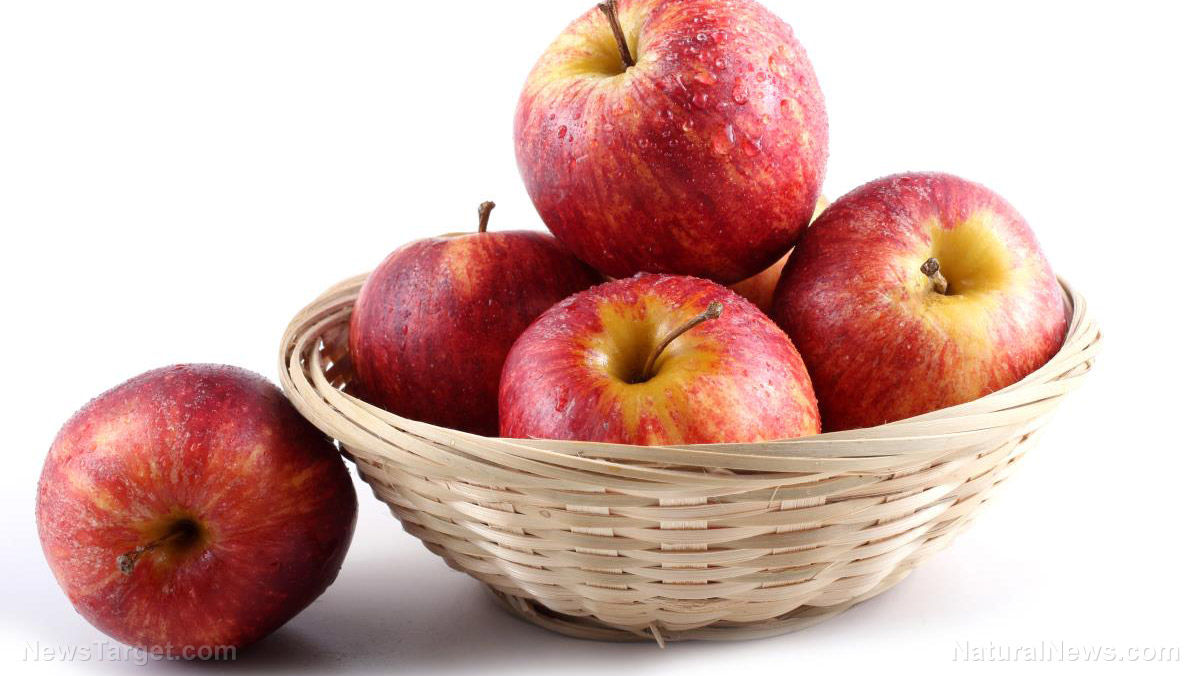Are there concerns with Olympic athletes promoting supplements?
08/12/2016 / By supplementsreport

All eyes are on the summer Olympics watching our favorite athletes compete for gold! These athletes have put in a tremendous amount of hours of hard work and sweat to be able to compete at this level, but unfortunately we hear too often that they are endorsing dietary supplements to enhance their performance. Health experts are concerned that teen athletes may be influenced by these products the Olympians are promoting, according to a recent article. Supplement use among student athletes is not new. In the 2005 NCAA survey, 41 percent of student athletes reported the use of nutritional supplements. So the question remains, are dietary supplements safe for teen athletes?
(Article by Philly.com)
What is a dietary supplement?
According to the United States Olympic Committee, a dietary supplement is a pill, capsule, tablet, powder, liquid or other food form intended to supplement a whole food diet. Sports supplements are classified as dietary supplements and are known to have ergogenic benefits (i.e. sports performance enhancement). The Dietary Supplement Health Education Act does not require dietary supplements to be approved by the Federal Drug Administration.
Do you know what you’re buying?
Manufacturers are required to list all of the ingredients on the label, but, some products may contain banned substances even if the ingredient is not listed due to manufacturing practices or contamination. Assessing the quality of potency, and purity of the supplement is important, and should be researched through third party testing groups, including:
How do I know if a supplement is safe?
The FDA must identify that a supplement is not safe before removing if from the shelf; however, manufacturers are not required to provide any information on safety or effectiveness of the their supplements. According to the Sports, Cardiovascular and Wellness Nutrition practice group for the Academy of Nutrition and Dietetics, there are some basic tips to figure out if a supplement is safe for use.
1. Research if the supplement is from a reliable source:
- The National Center for Drug Free Sport (The password: ncaa1, ncaa2, or ncaa3)
- NCAA
- US Anti-Doping Agency
- International Olympic Committee
2. Avoid “Red –flag” claim terms such as:
- Energizer
- Fat Burner
- Metabolic Booster
- Proprietary Ingredients
- Testosterone Booster
3. Avoid high risk banned substances containing possible anabolic steroids and stimulants using exaggerated claims such as:
- Energy Metabolism
- Body Fat Loss
- Muscle Mass Gain
Not all supplements pose risk
Dietary supplements may be helpful in some cases. For example, teen athletes who have nutrient deficiencies caused by food allergies, low calorie diets, or other medical issues may benefit from supplements. In addition, dietary supplements in the form of sports gels, chews, drinks, or powders may help athletes meet their nutrient and hydration requirements. If a dietary supplement is needed, athletes should consult a sports nutritionist or their physician to assure they are taking it correctly to prevent unsafe practices.
Take Home Message
- Focus on food first. A healthy diet plan can fuel teens properly and enhance their sports performance more safely than supplements.
- Do not take any supplements that teammates or friends claim to work
- Do not take any supplements that make claims that sound too good to be true
- Use 3rd party testing group research to find out if the supplement is safe for use
- Consult with a sports nutritionist before taking a supplement
Read more at: philly.com
Tagged Under: dietary supplements, Doping, Olympic Athletes, sports




















